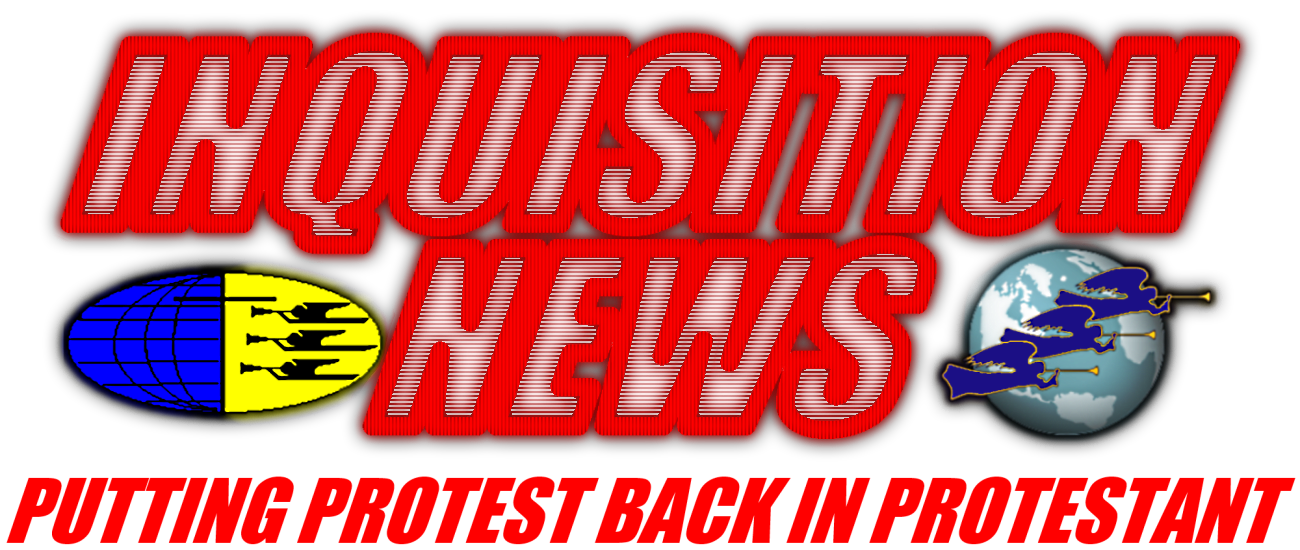This photo provided by the Virginia Department of Corrections shows William Couch. Virginia's prison system did not violate a Muslim inmate's religious rights when it refused to allow him to grow a 1/8-inch beard, which he believes is required by his religion, a federal judge has ruled. Couch, a Sunni Muslim, is a medium-security prisoner serving multiple life sentences for rape and other convictions. He challenged the Virginia Department of Corrections' grooming policy, which bans long hair and beards. (AP Photo/Virginia Department of Corrections)
RICHMOND, Va. (AP) — Virginia's prison system did not violate a Muslim inmate's religious rights when it refused to allow him to grow a 1/8-inch beard, which he believes is required by his religion, a federal judge has ruled.
William Couch, a 50-year-old Sunni Muslim, is a medium-security prisoner serving multiple life sentences for rape and other convictions. He challenged the Virginia Department of Corrections' grooming policy, which bans long hair and beards.
U.S. District Judge Samuel G. Wilson in Harrisonburg sided with the department in a ruling Thursday. Couch's attorney, Jeffrey Fogel, filed an appeal Monday.
Department spokesman Larry Traylor declined to comment on the case.
Fogel argued a 1/8-inch beard would be too short to allow Couch to easily change his appearance if he escaped or hide weapons or other contraband, which is why the department argues the policy is needed.
"There is no conceivable security issue for a Muslim, with concededly sincere beliefs, to grow a 1/8-inch beard," Fogel said Monday.
It will be difficult for Couch to convince the federal appeals court, however.
The 4th Circuit U.S. Court of Appeals upheld the grooming policy after a group of Muslim and Rastafarian inmates challenged it when it went into effect in 1999. Many lived in segregation for more than a decade until the department created a separate living space for the inmates last year. Those inmates are gradually given more privileges in an effort to persuade them to cut their hair or beards.
Of the 26 inmates who had been in isolation but were moved into the program, 10 refused to participate and returned to segregation. The others are required to take classes in exchange for more recreation, personal property and other privileges.
Traylor pointed out that relatively few of the state's more than 31,000 inmates are in noncompliance, even among those who identify as Muslims or Rastafarians. Around 300 inmates say they are Rastafarian but obey the grooming policy, as do nearly 3,800 inmates who attend Muslim services, he said.
Couch wore a beard until the policy went into effect, but he has shaved since then. In court papers, he said he recently became convinced that his Islamic faith required him to wear a beard.
The policy allows for an exemption if inmates have a medical condition that is aggravated by shaving.
Virginia is among only about a dozen states that limit the length of inmates' hair and beards, according to the American Correctional Chaplains Association. A handful of those allow religious accommodations for Rastafarians, Muslims, Sikhs, native Americans and others whose religious beliefs prohibit shaving or cutting their hair.
There is no hair policy for federal prisoners.
The U.S. Supreme Court has said that religious rights do not end at the prison gates. Congress passed a law that said that prisons can restrict religious liberties only for compelling reasons such as security, but that such policies must be the least restrictive possible.
In his ruling, Wilson said he gives "due deference to the experience and expertise of prison jail administrators" in determining that the policy serves a compelling interest. And by segregating inmates who don't follow the rules instead of forcibly shaving them, officials have chosen the least restrictive means possible to maintain security, he added.
"Though it is quite clear that an inmate cannot secret weapons or contraband in a 1/8 inch beard, it is not clear than an inmate cannot change his appearance by shaving it, or identify himself as the member of a gang by growing it," Wilson wrote.
- Court denies Va. inmate's lawsuit over beard
The Associated Press
-
12 hours ago
- Judge denies Muslim inmate's lawsuit over beard
Watertown Daily Times
-
9 hours ago
- Judge Denies Muslim Inmate's Lawsuit over Beard
WTVR
-
5 hours ago
Read more at www.google.com

